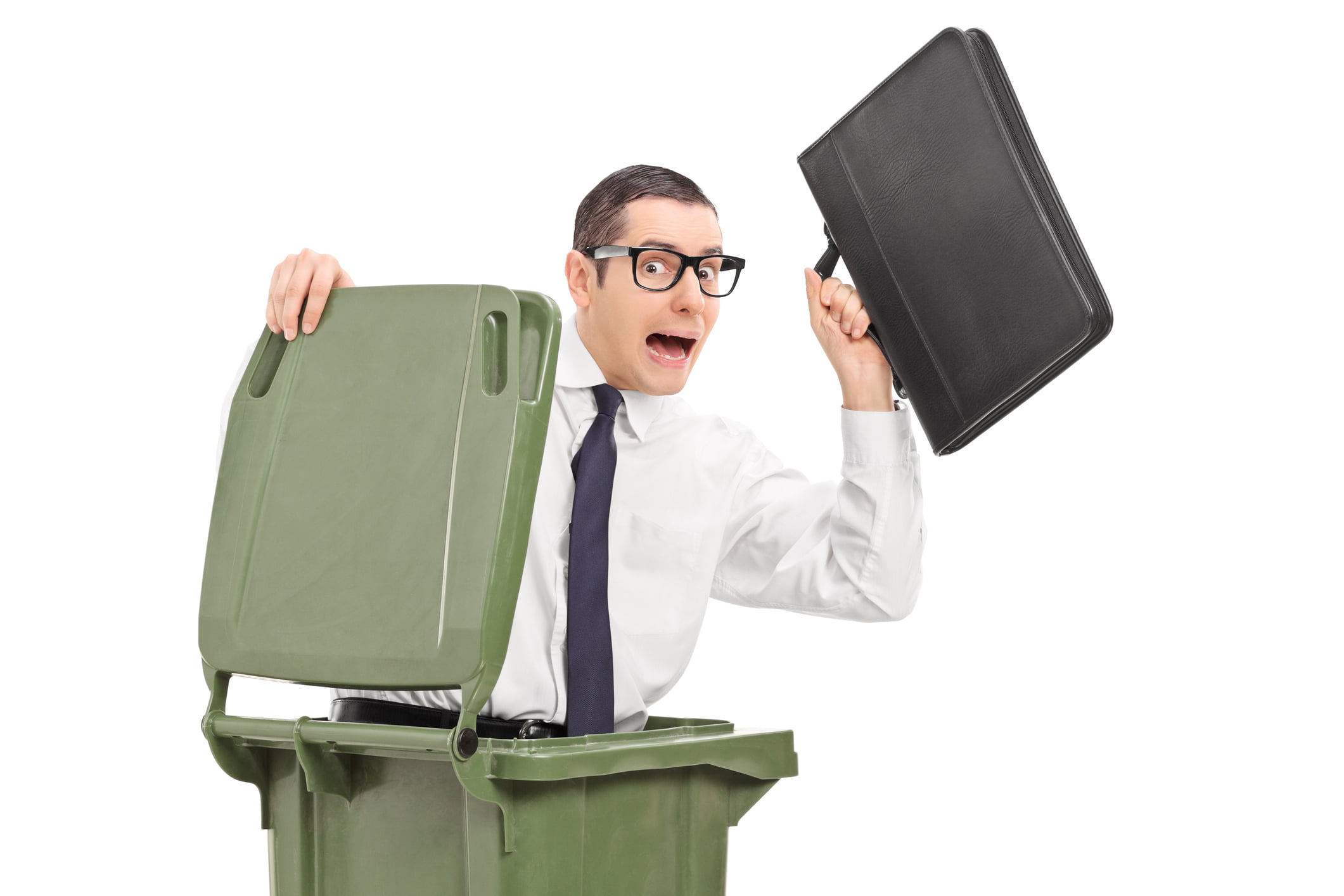One of my favorite pastimes is watching Fail videos on YouTube. These short clips show people
going about their lives and, usually, making a wrong decision that results in a hilarious outcome.
For instance, taking the trash out can be funny. The guy struggles to roll the large trash can out
when the wheels catch on a tiny obstacle. The lid flips, and our “hero” goes down…right into
the trash can. And I giggle.
I’m sure a therapist will want to talk to me about this pastime, but I think I know why we find
humor in the foibles of others. It’s because we relate to these sudden, often embarrassing,
twists of fate.
I’ve had my own Fail moments. In a previous occupation, I trained a new hire in the fine art of
home food delivery. It was evening, and the sun had just gone down. Helping the newbie with
the delivery, I stacked up the groceries in my arms (very professionally, I might add) and turned
to find the street curb was higher than my step. I uttered a very unprofessional, colorful
metaphor and sent the groceries flying as I sprawled across the sidewalk. Yes…my trainee
thought it was hilarious.
But falls aren’t that funny, especially as we get older. I laughed off my embarrassment and
finished the evening with as much decorum as possible. That evening, while driving home, my
rotator cuff would not allow me to lift my arm high enough to adjust the radio in my car. It was
a couple of weeks before I could lift my hand over my head. I still have issues with my shoulder
a decade later.
As we age, the risk of falls becomes a serious concern. Our bodies become more vulnerable to
injury, and our ability to recover swiftly is compromised. If we live alone, the potential for
sustaining an injury without immediate assistance is a real threat. I recall a dear lady who, due
to a bone density issue, broke her hip. She was simply walking to her front door when she fell. It
was a day and a half before someone checked on her. She looked up at them when they
entered, smiled sweetly and said, “I might need some help.”
Let’s avoid falls by following the advice of the National Institute on Aging.
1) Stay active! A sedentary life leads to the degradation of muscles.
2) Participate in balance and strength-building programs.
3) Fall-proof your home. Look for objects in your walking paths that need to be removed or
secured.
4) Have your eyes and hearing checked regularly.
5) Check your medication for side effects that can make you dizzy.
6) Get enough sleep.
7) Avoid or limit alcohol.
8) Use an assistive device such as a walker or a cane.
Falls can have life-long effects. Learn more about fall prevention at
https://www.nia.nih.gov/health/falls-and-falls-prevention/falls-and-fractures-older-adults-
causes-and-prevention
Let’s avoid falls and the injuries that follow them. But if you fall into your trash can, try to get it
on video. That’s funny stuff.

0 Comments